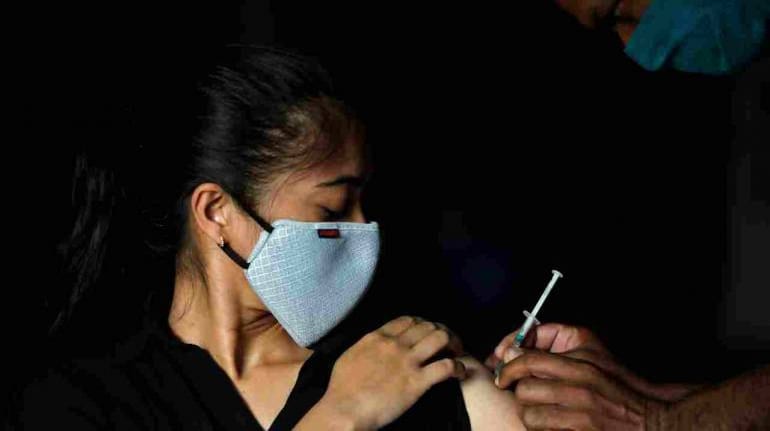



Over 55 per cent of India’s adult population has received both the doses of COVID-19 vaccine, Union Health Minister Mansukh Mandaviya said on Tuesday.
According to Health Ministry officials, 55.52 per cent of the eligible population has been fully vaccinated with 87 per cent people receiving the first dose of the vaccine.
In a tweet, Mandaviya said that with over 55 per cent of the eligible population fully vaccinated now, India has achieved another milestone in its fight against Covid.
PM Narendra Modii's 'Har Ghar Dastak' campaign has further strengthened the nation’s collective fight against COVID-19.
With the administration of 66,98,601 vaccine doses in the last 24 hours, India’s COVID-19 vaccination coverage has exceeded 133.88 crore, according to provisional reports till 7 am. This has been achieved through 1,40,27,706 sessions, the ministry said.
(With PTI inputs)
Discover the latest Business News, Sensex, and Nifty updates. Obtain Personal Finance insights, tax queries, and expert opinions on Moneycontrol or download the Moneycontrol App to stay updated!
Find the best of Al News in one place, specially curated for you every weekend.
Stay on top of the latest tech trends and biggest startup news.